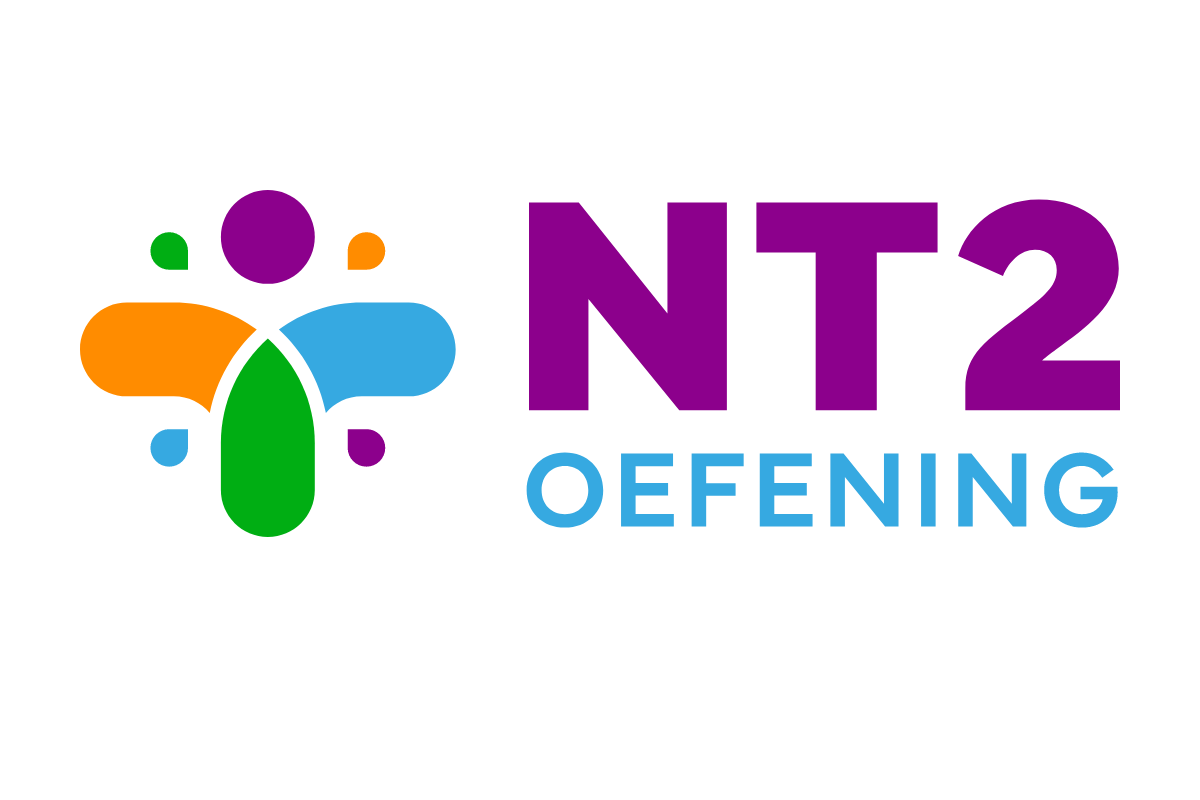It can be challenging to learn a new language. Therefore many people are exploring ways to supplement formal language instruction with non-traditional learning strategies. Watching TV shows and movies is one way that has been more and more popular recently. However, is it actually possible to learn a language by watching? What does science say about this approach to learning a language?
The idea of learning a language through immersion is not a new one. It has been well-established that immersion in a language can greatly accelerate language acquisition. However, the question of whether it is possible to learn a language by watching TV shows and movies has not been thoroughly studied until recently.
Researches About Learn a Language by Watching
In 2017, a study by the University of California found that watching can improve language skills. The study involved a group of Spanish-speaking adults. They watched the popular TV show “Friends” in English. As a result, participants who watched the show with subtitles in their native language could learn and retain English vocabulary better than those who watched the show with English subtitles.
Similarly, a 2015 study was conducted by the University of Luxembourg. They found that watching TV shows and movies in a foreign language can improve listening comprehension and vocabulary acquisition. The study involved a group of high school students watching TV shows and movies in English with subtitles in their native language. As a result, the students who watched more English-language content had better listening comprehension and vocabulary acquisition than those who watched less.
These studies suggest that language learning through watching TV shows and movies can be effective. On the other hand, they also highlight the importance of using subtitles in the learner’s native language. Without subtitles, language learners may struggle to understand the context and meaning of the words they are hearing.
So, can you really learn a language solely by watching TV shows and movies? The answer is no. However, watching can be an effective supplement to traditional language learning methods. Immersing oneself in a language through listening and watching can help with vocabulary acquisition, listening comprehension, and pronunciation.
However, it’s important to note that language learning by watching TV shows and movies is not a substitute for traditional language courses or other forms of language practice, such as speaking with native speakers or practicing grammar exercises. Language learners should use a variety of methods to achieve fluency in a language.
Conclusion
Watching TV shows and movies can be an effective way to supplement language learning. But, it should not be relied on as the sole method of language acquisition. Use subtitles in your native language and incorporate other language learning methods. So, you can greatly improve your language skills and achieve fluency in your target language.
Nt2 Oefening provides a unique experience for Dutch learners and makes their language-learning process easier. Thanks to Machine Learning Algorithms which have gained popularity in education in recent times, Nt2 Oefening makes the learning process more personalized and convenient. Unlike its competitors, Nt2 Oefening uses Machine Learning algorithms not only for reading and listening exams but also for writing and speaking exams. It provides fast and instant feedback on learners’ answers. Explore our website and check out our sample tests!
Follow us on social media!

